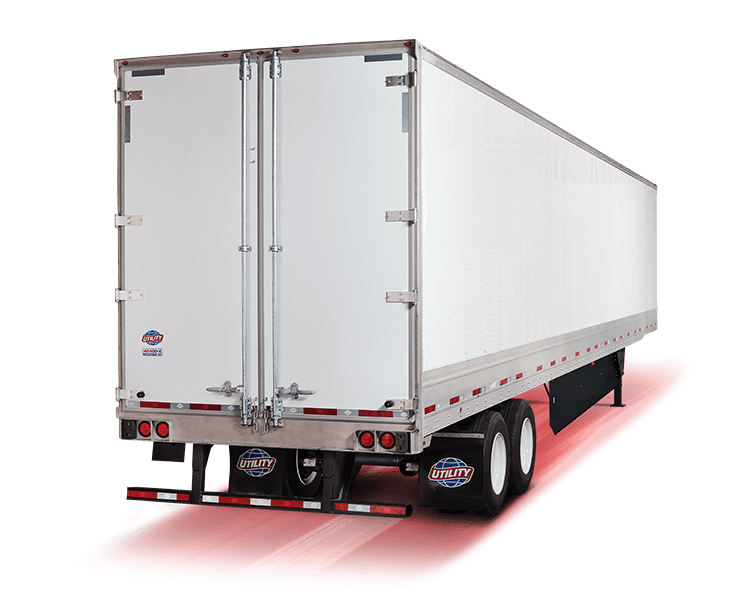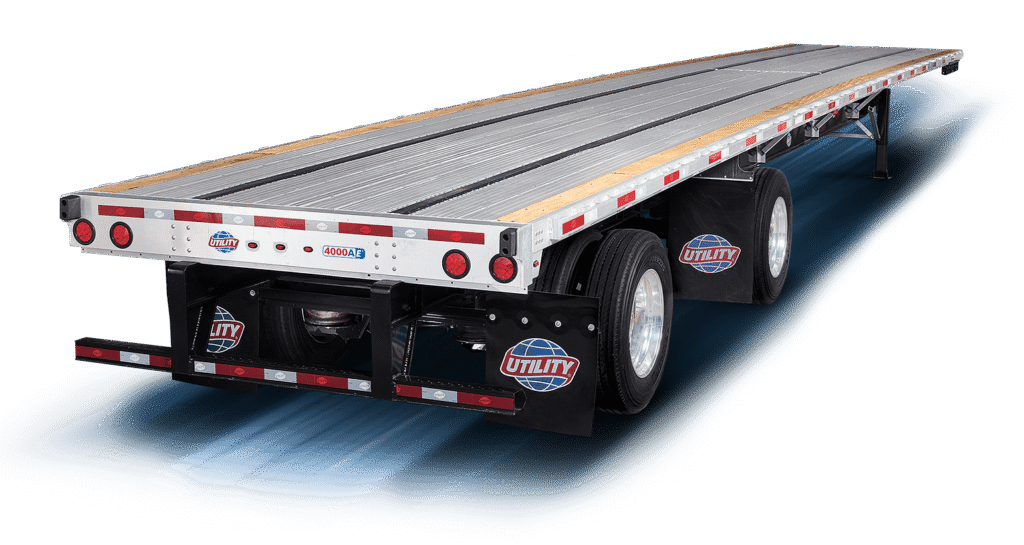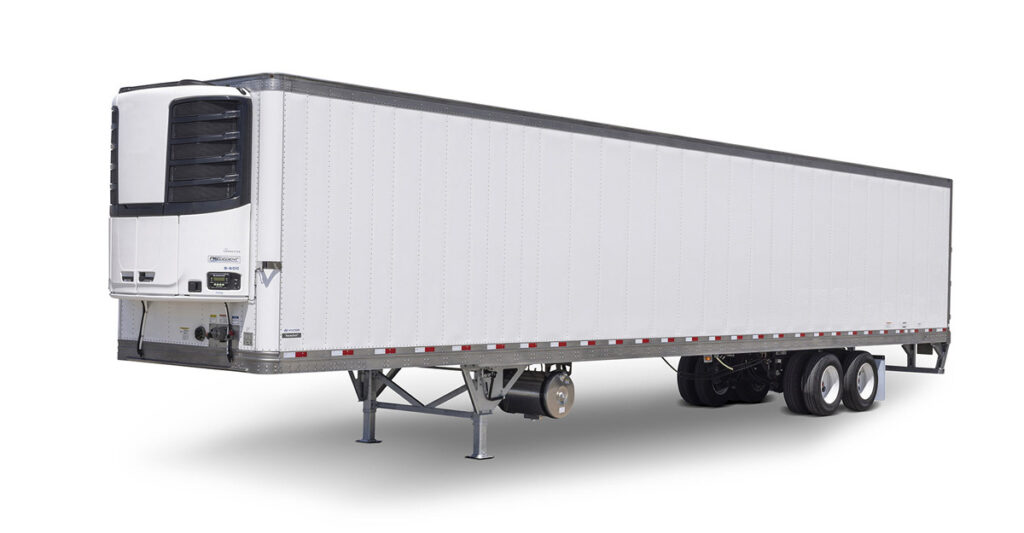- Rosenberg Tx 77471
- +1 (346) 521-9311
- Mon - Fri: 9:00am - 6:00pm

*There are multiple sizes of trailers each with their own capacity.
Equipment / Trailers Services
We offer a wide range of trailer services to meet diverse cargo needs, including Dry Vans, Reefers, Flatbeds, Step Decks, Double Drops, Conestoga’s, and Tankers—ensuring safe, efficient, and specialized transport for perishable, oversized, or hazardous goods.




Types of Equipment / Trailers Services

Dry Van
Most common type, used for hauling non-perishable goods and general cargo within a fully enclosed trailer. As long as the cargo doesn’t require temperature control and will fit within its dimensions it can be shipped via dry van. The most common is the 53’ trailer.
Length 48′ – 53′
Width 102″
Door Height 110″
Total Height 13’6″
Cargo Width 98″ – 101″
Cargo Height 108″ – 110″
Cargo Weight 45,000 lbs
Pallet Count 26

Refrigerated (Reefer)
Similar to dry vans but equipped with cooling systems, used for transporting perishable items that need temperature control, such as food and pharmaceuticals.
Length 48′ – 53′
Width 102″
Door Height 110″
Height 13’6″
Cargo Width 96″ – 98″
Cargo Height 103.5″
Cargo Weight 44,000 lbs
Pallet Count 24

Flatbed
Open deck with no sides or roof, ideal for hauling heavy machinery, construction materials, and any cargo that does not require enclosure.
Length 48′ -53′
Width 102″
Height 60″
Cargo Width 102″
Cargo Height 102″ – 108″
Cargo Weight 48,000 lbs
Pallet Count 24

Step Deck (Single Drop)
Similar to flatbeds but with a lowered deck to transport tall items that wouldn't legally fit on a flatbed due to height restrictions.

Double Drop
Features a lower central section between the front and rear decks, enabling it to carry very tall or heavy items. It's used for transporting heavy equipment or machinery that exceeds standard height limitations.

Conestoga
Equipped with a rolling tarp system that provides versatility for loading and unloading goods while offering protection from the elements, similar to dry vans but with easier access to cargo.

Taker
Used for transporting liquids, gases, or dry bulk cargo. Tankers are designed to handle various loads, from water and chemicals to fuel and other hazardous materials.
HOW TO CHOOSE THE RIGHT FREIGHT TRUCK FOR YOUR NEEDS
Choosing the right truck and trailer depends on several factors. The most critical is the type of product being transported. Additional considerations include freight weight, size, travel distance, and budget. Each element plays a vital role in ensuring safe, efficient, and cost-effective transportation.
Cargo Type
Match trailers with cargo needs, such as refrigerated for perishables or flatbeds for oversized loads.
Weight & Size
Ensure trailer capacity fits freight dimensions and complies with safety regulations.
Loading & Distance
Consider loading methods, travel distance, routes, and terrain for efficient transport.
Cost & Compliance
Balance affordability with availability while meeting legal and regulatory requirements.
Feel free to ask any question to us
- Jermaine@infonxtlogistics.net
- Rosenberg Tx 77471
- +1 (346) 521-9311
NXT LOGISTICS LLC
Reliable, efficient, innovative logistics. Global, secure, timely solutions.
- Rosenberg Tx 77471
- +1 (346) 521-9311
- jermaine@nxtlogisticsllc.com
Helpfull Links
AGENT FOR FREIGHTIVITY
- +1 (346) 521-9311